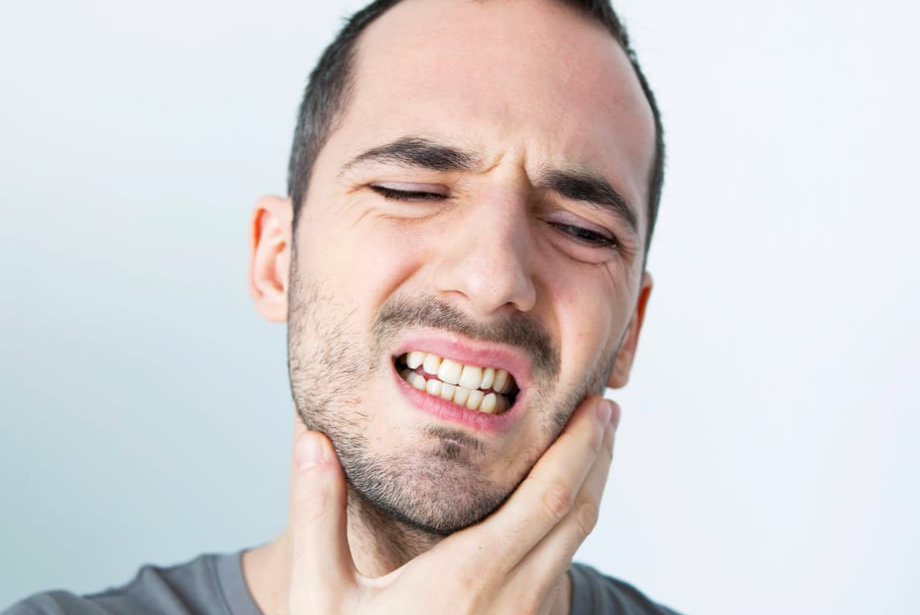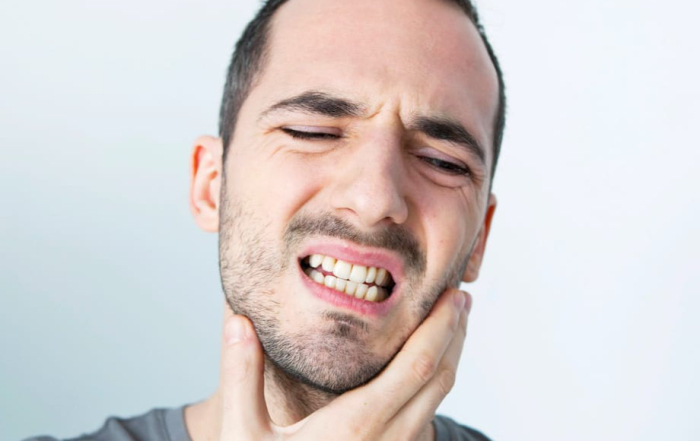Bruxism: how to stop teeth grinding and protect your smile

Have you ever felt constant tension in your jaw or noticed increased tooth sensitivity? These could be signs of bruxism—a common but often overlooked condition involving involuntary teeth grinding or clenching. What starts as an unconscious action can lead to tooth wear, jaw discomfort, and even frequent headaches. Although many people are unaware they suffer from bruxism, its long-term effects can be quite serious. Fortunately, this condition is treatable, and early identification is crucial to prevent permanent damage.
What is Bruxism?
Bruxism is a common condition that involves involuntary grinding or clenching of the teeth. It can occur during the day (daytime bruxism) or while sleeping (sleep bruxism). Sleep bruxism is particularly challenging to identify, but signs like jaw pain or tooth wear are clear indicators.
Causes of Bruxism
There are several possible causes of bruxism, with the most common being:
- Stress and Anxiety: Many people clench their teeth during moments of tension without realizing it.
- Sleep Disorders: Sleep bruxism is often associated with sleep apnea and other sleep issues.
- Misaligned Bite: Improper alignment of the teeth can place extra pressure on the jaw, triggering grinding.
- Genetic Factors: If other family members experience bruxism, there may be a genetic predisposition.
- Stimulants: Caffeine, alcohol, and smoking can worsen bruxism.
Symptoms of Bruxism
Although many people do not notice the symptoms immediately, bruxism can cause significant oral health issues. Common symptoms include:
- Visible tooth wear
- Increased tooth sensitivity
- Jaw discomfort or pain
- Morning headaches
- Grinding sounds noticed by a sleeping partner

Treatment of Bruxism
Treating bruxism early is crucial to prevent irreversible damage to the teeth and temporomandibular joints. Solutions include:
- Dental Night Guards: Custom-made devices that protect the teeth at night and reduce jaw tension.
- Relaxation Techniques: Reducing stress through meditation, yoga, or cognitive-behavioral therapy can help alleviate bruxism.
- Bite Correction: Orthodontic treatments may be necessary to properly align the teeth and jaw.
- Habit Modifications: Limiting caffeine and alcohol consumption, especially in the evening, can help reduce symptoms.
Conclusion
Bruxism is a manageable condition when addressed properly. If you experience any of the symptoms mentioned, we recommend scheduling a consultation at Dentesse for an accurate diagnosis and to discuss treatment options. Managing triggers and using protective solutions will help safeguard your oral health and ensure more restful sleep.
Share this article, choose your platform!
Bruxism: how to stop teeth grinding and protect your smile

Have you ever felt constant tension in your jaw or noticed increased tooth sensitivity? These could be signs of bruxism—a common but often overlooked condition involving involuntary teeth grinding or clenching. What starts as an unconscious action can lead to tooth wear, jaw discomfort, and even frequent headaches. Although many people are unaware they suffer from bruxism, its long-term effects can be quite serious. Fortunately, this condition is treatable, and early identification is crucial to prevent permanent damage.
What is Bruxism?
Bruxism is a common condition that involves involuntary grinding or clenching of the teeth. It can occur during the day (daytime bruxism) or while sleeping (sleep bruxism). Sleep bruxism is particularly challenging to identify, but signs like jaw pain or tooth wear are clear indicators.
Causes of Bruxism
There are several possible causes of bruxism, with the most common being:
- Stress and Anxiety: Many people clench their teeth during moments of tension without realizing it.
- Sleep Disorders: Sleep bruxism is often associated with sleep apnea and other sleep issues.
- Misaligned Bite: Improper alignment of the teeth can place extra pressure on the jaw, triggering grinding.
- Genetic Factors: If other family members experience bruxism, there may be a genetic predisposition.
- Stimulants: Caffeine, alcohol, and smoking can worsen bruxism.
Symptoms of Bruxism
Although many people do not notice the symptoms immediately, bruxism can cause significant oral health issues. Common symptoms include:
- Visible tooth wear
- Increased tooth sensitivity
- Jaw discomfort or pain
- Morning headaches
- Grinding sounds noticed by a sleeping partner

Treatment of Bruxism
Treating bruxism early is crucial to prevent irreversible damage to the teeth and temporomandibular joints. Solutions include:
- Dental Night Guards: Custom-made devices that protect the teeth at night and reduce jaw tension.
- Relaxation Techniques: Reducing stress through meditation, yoga, or cognitive-behavioral therapy can help alleviate bruxism.
- Bite Correction: Orthodontic treatments may be necessary to properly align the teeth and jaw.
- Habit Modifications: Limiting caffeine and alcohol consumption, especially in the evening, can help reduce symptoms.
Conclusion
Bruxism is a manageable condition when addressed properly. If you experience any of the symptoms mentioned, we recommend scheduling a consultation at Dentesse for an accurate diagnosis and to discuss treatment options. Managing triggers and using protective solutions will help safeguard your oral health and ensure more restful sleep.




















